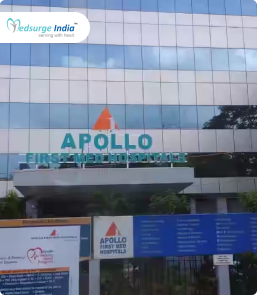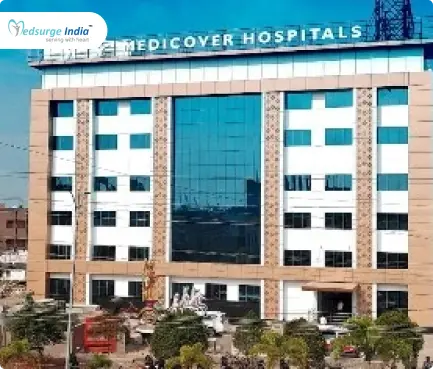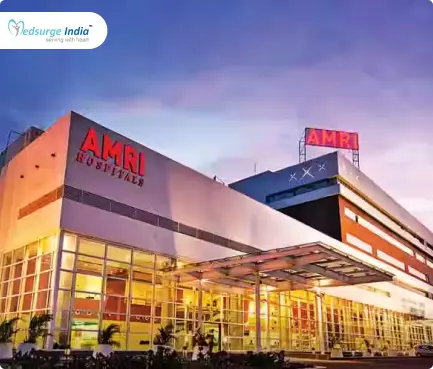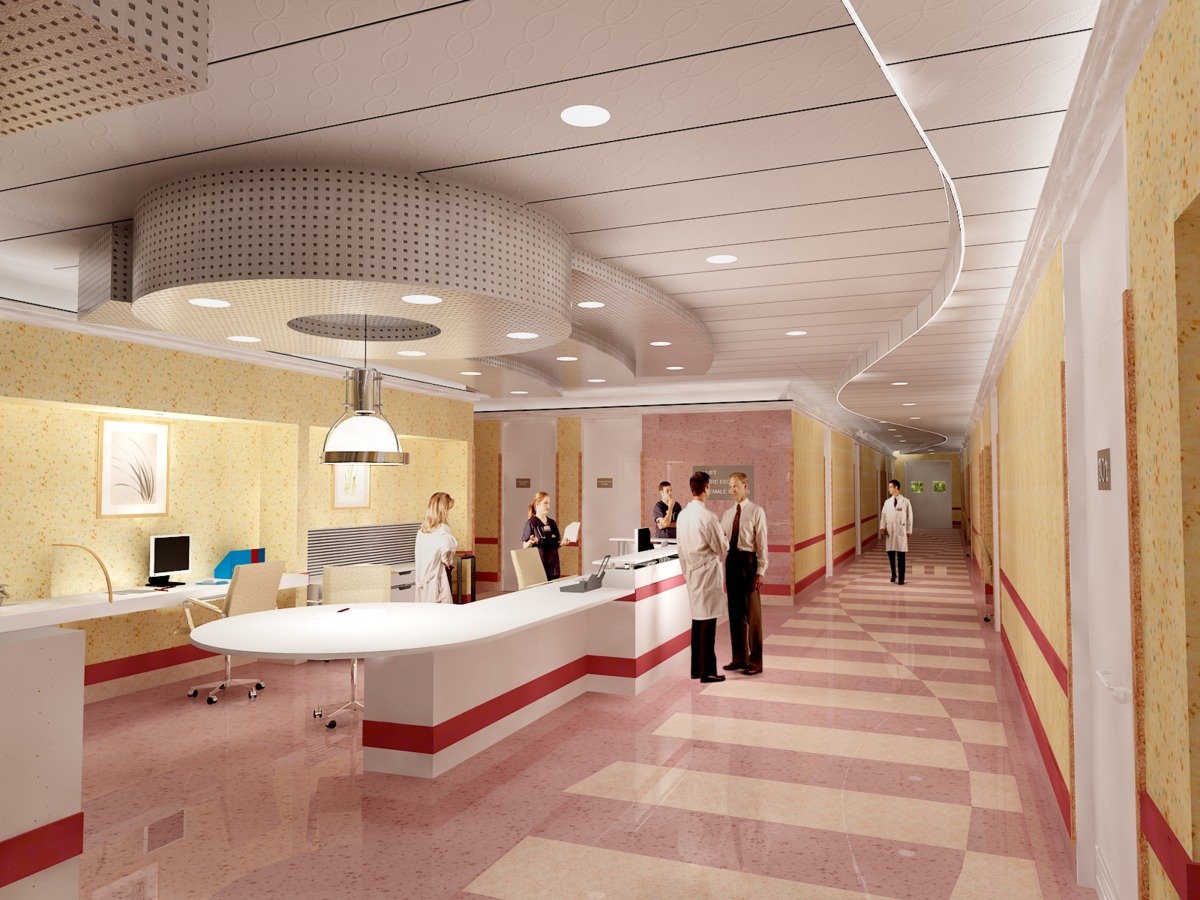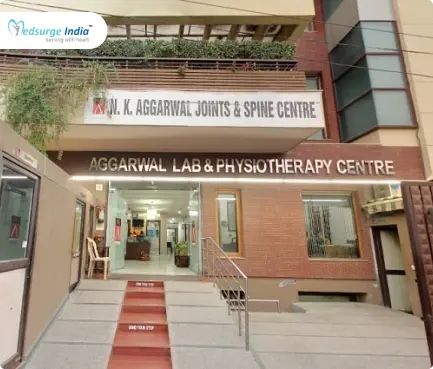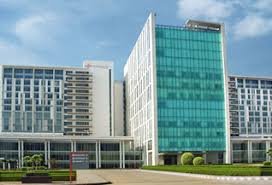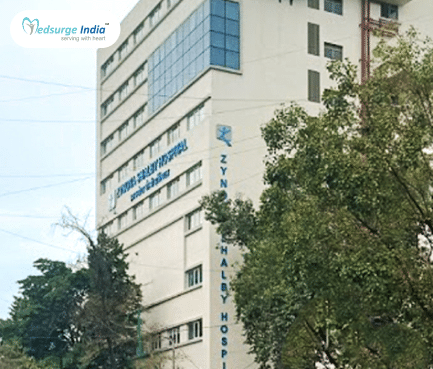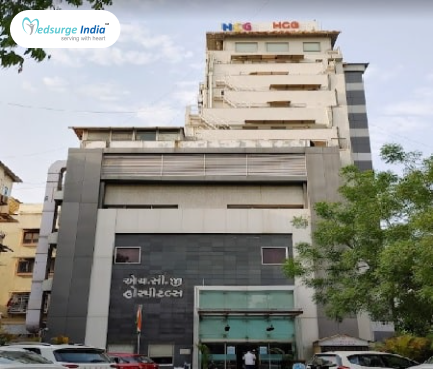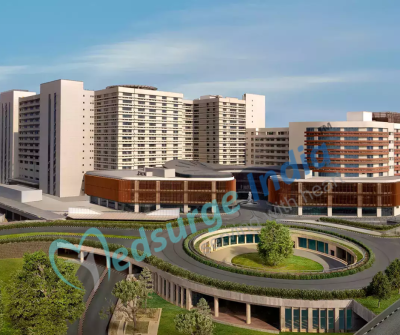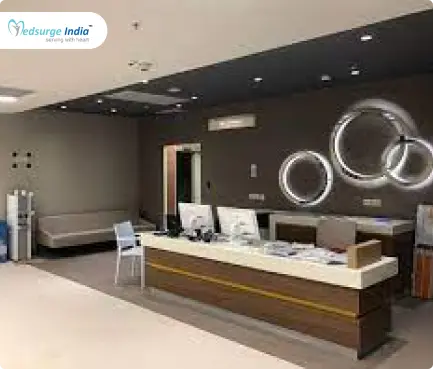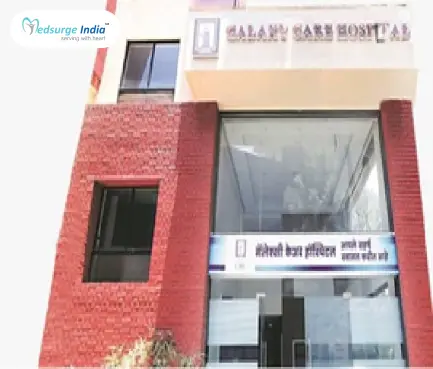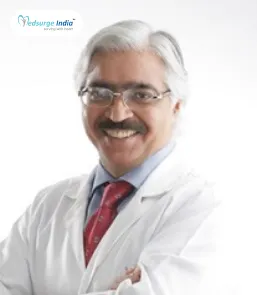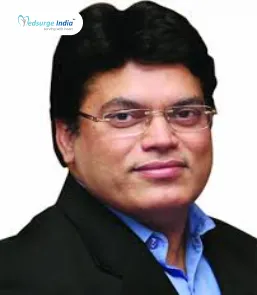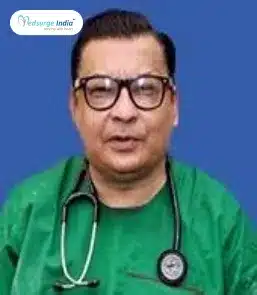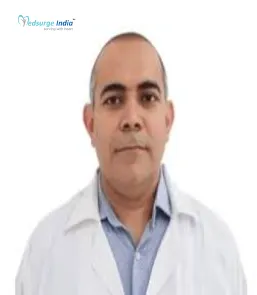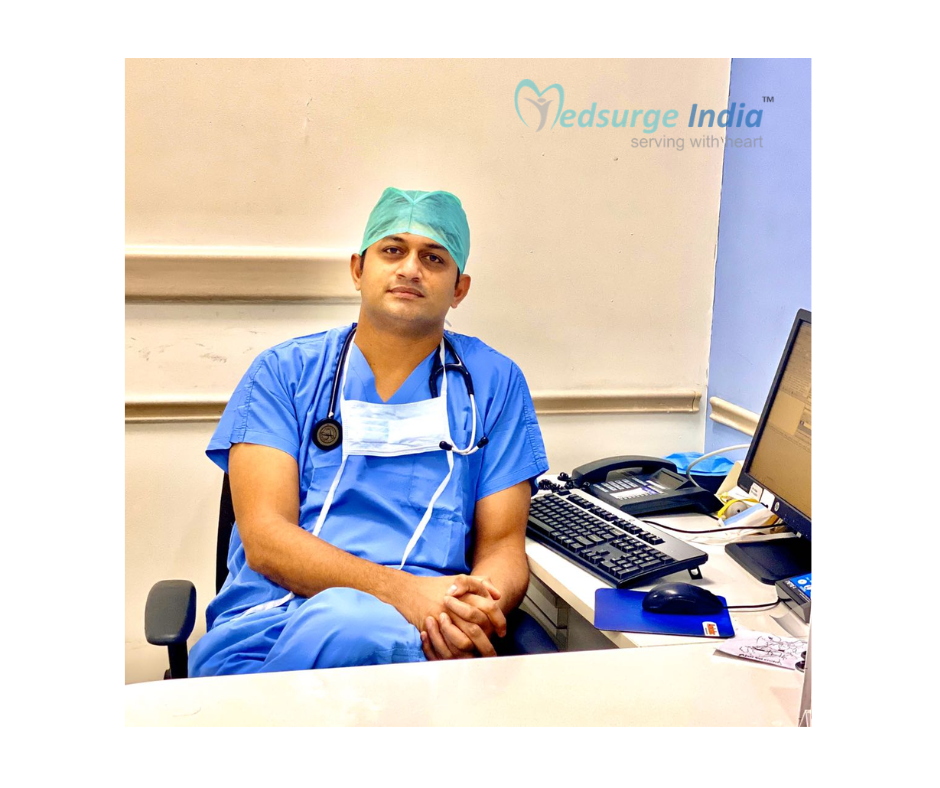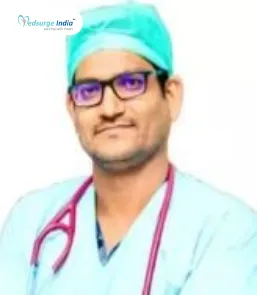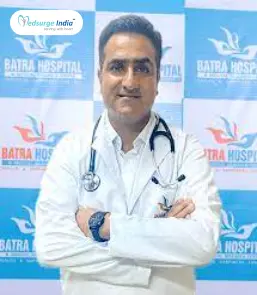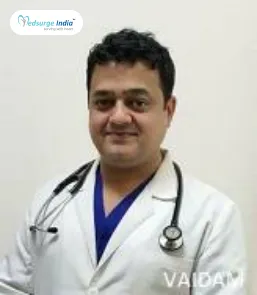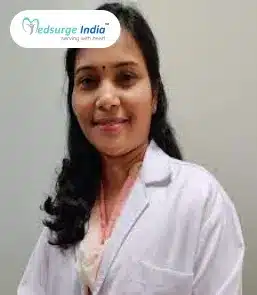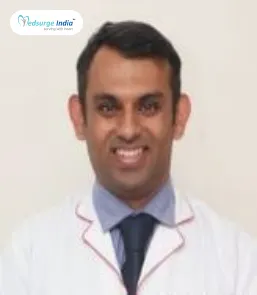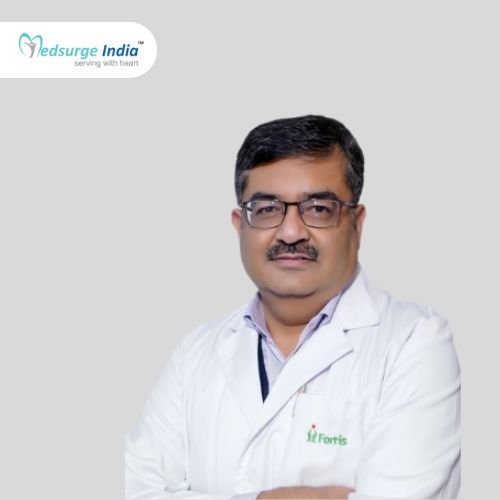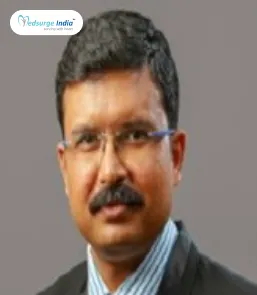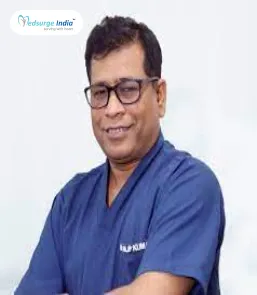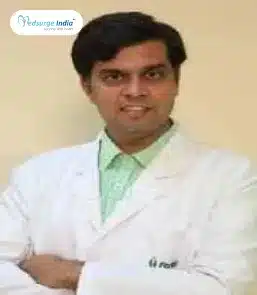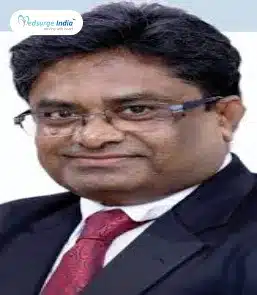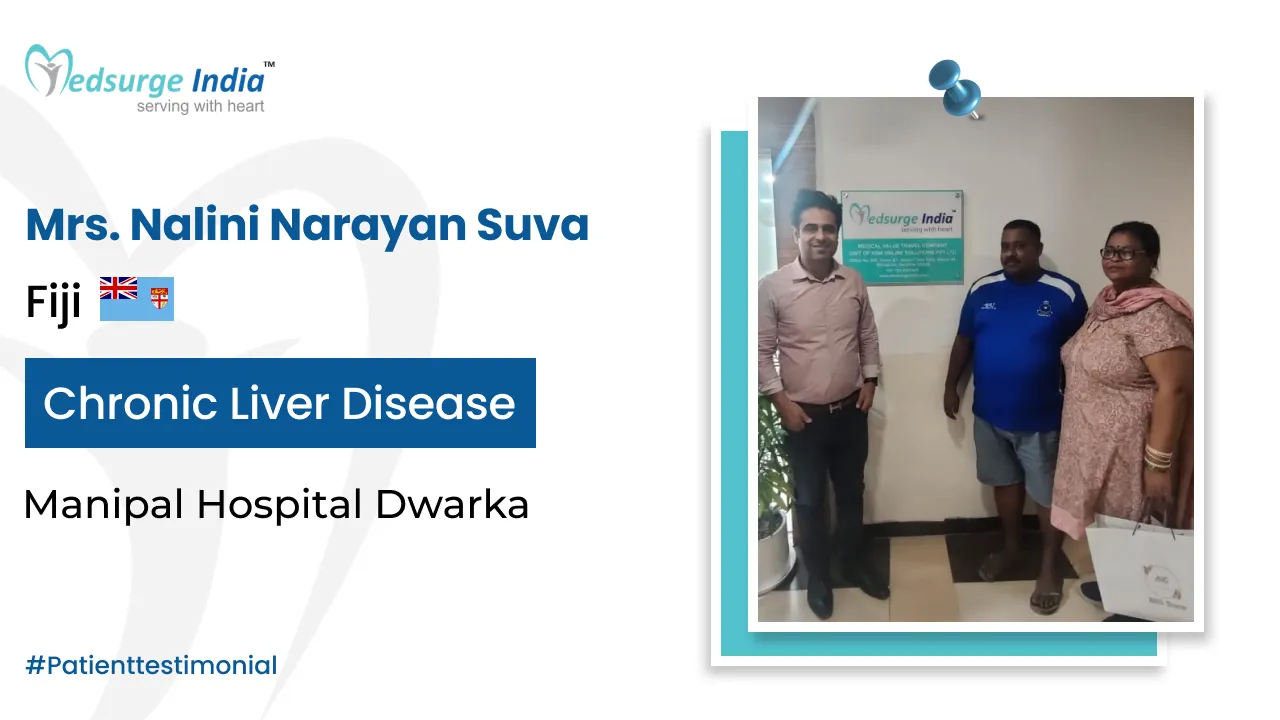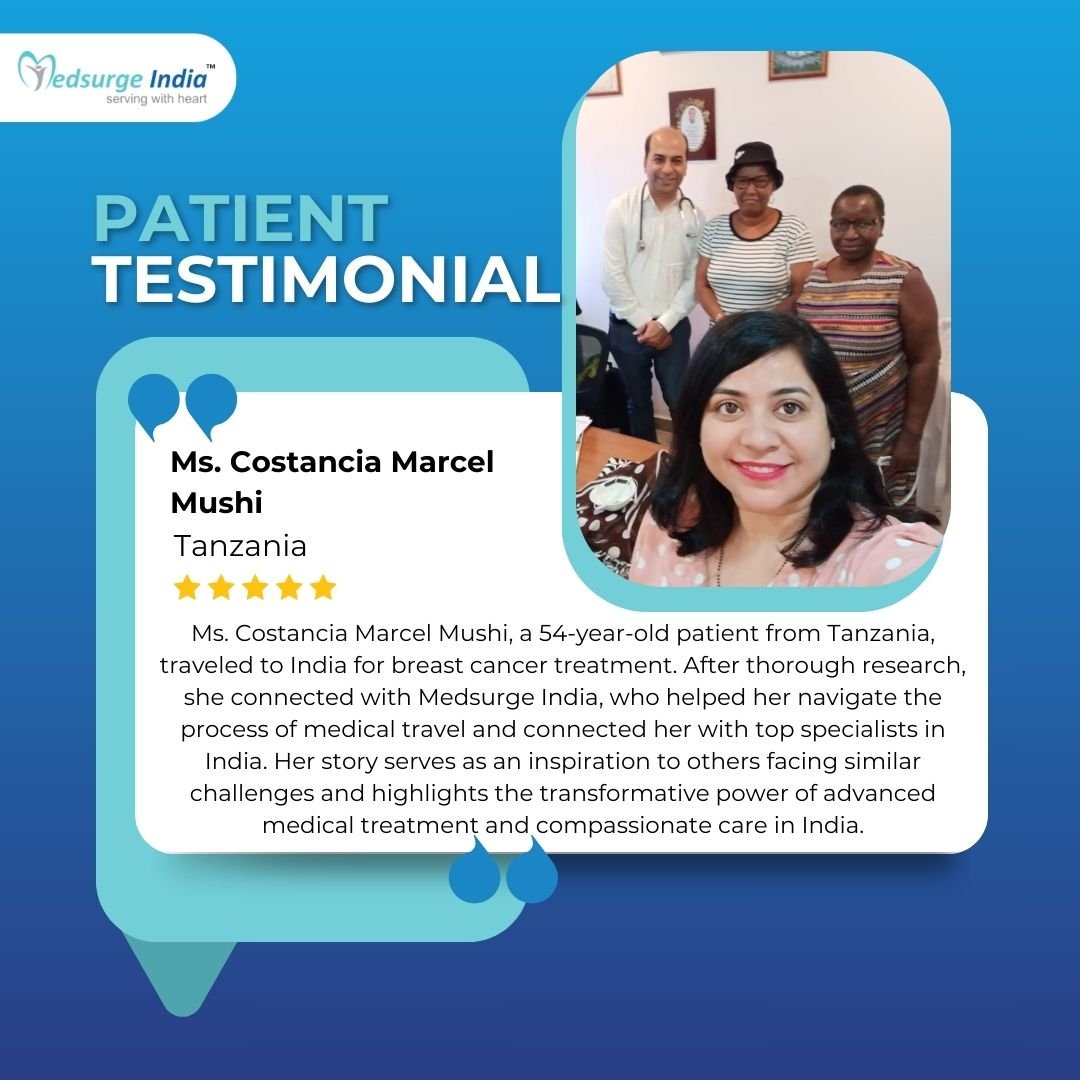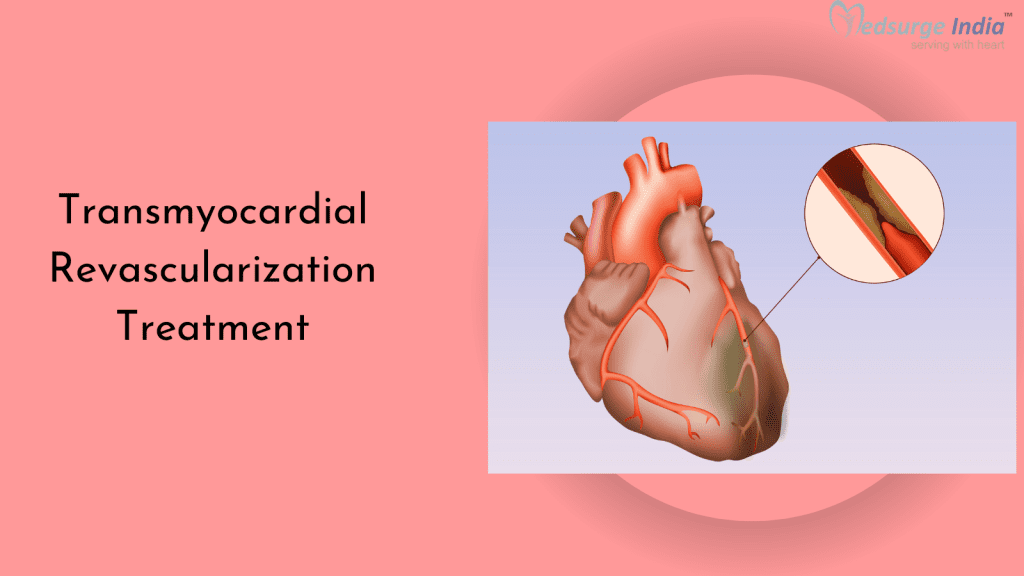
Transmyocardial revascularization (TMR or TMLR) is a surgical procedure that is utilized in patients who are not candidates for conventional angioplasty or bypass techniques. During Transmyocardial Revascularization treatment in India, doctors or surgeons use a laser to create small channels in the heart muscles. This allows for increased blood flow into these areas, resulting in a reduced need for antianginal medications in these patients and, ultimately, a reduction in angina. Transmyocardial Revascularization treatment costs less in India than it does in the United States and Europe. Indian hospitals offer better healthcare packages, better equipment, and top specialists with the assurance of excellent treatment quality for you or your loved ones at a lower cost. It should be noted that the Cost of TMR Surgery in India can also be determined by a number of other factors.
What is Coronary Artery disease?
The disease is caused by the build-up of plaque in the wall of the arteries which supply blood to the heart called coronary arteries. Plaques are made up of cholesterol deposits and this plaque build-up caused the inside of the arteries to narrow over time. This action is called atherosclerosis.
Here are some treatments options for coronary artery disease:
- Pharmaceutical therapy
- Bypass surgery
- Minimally invasive treatments such as coronary balloon angioplasty and stenting.
What is Transmyocardial Revascularization (TMR)?
Transmyocardial revascularization (TMR) is a surgical procedure that uses a special carbon dioxide (CO2) laser to create tiny pinholes or channels through the heart muscle and into the lower left chamber (left ventricle). These new blood vessels increase the flow of oxygen-rich blood to the heart muscle, reducing the effects of angina (chest pain), a symptom of coronary artery disease.
Patients with coronary artery disease are typically treated with coronary artery bypass grafting (CABG surgery), angioplasty, or stenting, but for patients with advanced heart disease or other health issues, these procedures may be too risky. TMR is frequently the safest and most effective option. TMR is also performed on previous CABG patients who are unable to tolerate another bypass procedure.
Types of Transmyocardial Revascularization surgery are the following:
- Transmyocardial Laser Revascularization (TMLR)
- Precutaneous Transmyocardial Revascularization (PTMR)
- Transmyocardial Revascularization and Coronary Artery Bypass Grafting (CABG)
What are the Signs and Symptoms of Transmyocardial Revascularization?
When a bypass procedure is not an option, transmyocardial revascularization is used to treat clots or narrowing of one or more coronary arteries.Transmyocardial revascularization (TMR) patients frequently experience angina (chest pain caused by reduced blood flow to the heart), a symptom of coronary artery disease characterized by:
- Chest ache
- Chest pressure or discomfort
- Jaw feels sore
- Neck experience pain
- Back ache
- cramping in Arms
You may also be a candidate for transmyocardial revascularization if:
- You are not a candidate for standard therapy, such as angioplasty or heart transplant.
- If you have had multiple bypass surgeries and are unable to tolerate another,
- If medications are unable to control your angina or are causing severe side effects.
What is the Advantage of Transmyocardial Revascularization Treatment?
The main advantage of TMR is that it provides a last resort for patients with artery disease or patients with severe angina.
- It may be especially beneficial in patients with other conditions that preclude the use of heart bypass surgery, such as diabetes. Despite the fact that clinical data and studies are still limited, approximately 85 to 90 % have seen significant improvement in their symptoms and at least a 50% improvement at one-year follow-up.
- TMR patients experienced relief from chest pain as well as improved quality of life, increased blood flow to the heart, and as there are less hospitalizations.
Get Free Cost Estimation
Procedure
How Transmyocardial Revascularization (TMR) Surgery is Performed?
Before the Procedure
Before beginning TMR surgery in India, there are a few things you should be aware of and keep in mind:
- Inform or consult your surgeon and cardiologist if your health changes, such as symptoms of a cold or flu, as any infection may affect your recovery time.
- With your cardiologist and surgeon, go over all medications, including prescription, over-the-counter, and supplements.
- Before surgery, your doctor will receive an electrocardiogram (ECG or EKG), blood tests, urine tests, and a chest x-ray, as well as the most up-to-date information about your health.
- If you smoke, stop smoking for at least two weeks before your surgery because it can interfere with blood clotting and breathing.
During the Surgery:
- Patients will be given anaesthesia prior to any surgery, which will cause them to sleep during the procedure.
- The surgeon or doctor in charge makes a small incision in the left side of the chest.
- A carbon dioxide laser is used to create channels in the heart muscle, improving blood flow.
- Depending on the patient’s situation, 20 to 40 number of channels of one-millimeter channels created.
- The computer directs or points the laser beams to the appropriate area of the heart in between heartbeats, thereby preventing electrical disturbances.
- Once the surgeon places their finger over the channel openings for a few moments, the bleeding stops.
- TMR can or will take between one and two hours to perform, and patients are typically hospitalised for four to seven days.
- According to studies, it may work by stimulating angiogenesis, or the formation of new blood vessels, as well as by destroying nerve fibres that cause the patient to experience chest pain
After the Surgery:
- Your doctor may direct or expect you to stay in the hospital for 4 to 7 days following TMR surgery in India.
- Recovery from TMLR surgery in India can be long and complicated. You will need to limit your activities and rest for a while. Your doctor may recommend that you start an exercise programme or enrol in a cardiac rehabilitation programme.
- If you work in an office, you can usually start or return to work in 4 to 6 weeks. Those with physically demanding jobs may have to wait longer.
Your life after TMR or TMLR Surgery:
- In most cases, the symptoms of coronary artery disease and angina improve after TMLR, but it may take three months or longer.
- Patients discovered that following TMLR, they can now do all of the activities that used to limit them and cause pain. It has been discovered that patients do not require as many heart medications, including nitroglycerin.
- After one year, 80% to 90% of patients treated with transmyocardial laser revascularization (TMLR) feel better than they did before the surgery and have a lower risk of a heart attack.
What are the Complication After Transmyocardial Revascularization Surgery?
A blood clot may form where the stent is placed in about 2% to 5% of people who have a stent, putting you at risk for a heart attack or stroke. The risk of a blood clot is greatest in the first few months following the procedure.
You should be extremely cautious about your lifestyle and make some dietary changes. In-stent restenosis can occur in patients who have had stenting to treat coronary artery disease. As scar tissue forms beneath the stent, a previously opened coronary artery may narrow again. Consult your doctor if you’re having trouble, and take a stress test to help your doctor figure out what’s wrong.
Helpful – Heart Valve Replacement Surgery Cost in India
Suggestion
Patients who have undergone TMR can resume their normal lives following surgery and monitoring. Nonetheless, people’s surgical conditions and complications can vary greatly. It is absolutely important that you work with your healthcare provider in order to receive the care you require. It is essential that you do not stress out and maintain a healthy lifestyle as well as a strict diet in order to control your cholesterol levels. Also, remember that you are not alone. Your healthcare provider and physician can give you the advice and resources you require. If you stay informed and plan properly, you can live a normal, happy life.
The Most Important Frequently Asked Questions
Q: What is revascularization in cardiology?
A: A procedure or surgery to improve blood flow to the heart is known as coronary artery “revascularization.” There are two primary methods for accomplishing this: Placing a stent to keep the artery open, usually through a small tube inserted into a blood vessel in the wrist (percutaneous coronary intervention)
Q: When does revascularization is performed?
A: Revascularization is used to treat a variety of conditions that cause decreased blood flow to the brain. Moyamoya syndrome, carotid artery disease, and cerebral artery atherosclerosis are examples of such conditions. Each of these conditions increases the risk of cerebral ischemia or ischemic stroke in the brain.
Q: Is stent considered revascularization?
A: Both coronary artery bypass surgery (CABG) and percutaneous coronary intervention with stenting (PCI-S) are safe and effective revascularization procedures for patients with coronary artery disease (CAD).
Q: Is it possible to treat a heart blockage without surgery?
A: Our cardiologists can treat patients with blocked or clogged coronary arteries quickly and without surgery using angioplasty. A cardiologist threads a balloon-tipped catheter to the site of the narrowed or blocked artery, then inflates the balloon to open the vessel.
Q: How long can a person live with a stent?
A: A stent is intended to be permanent when it is implanted. Stents can remain in your body for an extended period of time without degrading. Stents, on the other hand, only treat one area of your artery that has narrowed or closed. They do not address the underlying cause of vascular disease.
Top Hospitals for Transmyocardial Revascularization Treatment in India
Top Doctors for Cardiology And Cardiac Surgery
Dr. Ashok Seth
Interventional Cardiologist
Experience: 40+ years of experience
Fortis Escorts Heart Institute, New Delhi
New Delhi , India
Dr. Sridhar Kasturi
Senior Consultant
Experience: 24 years of experience
KIMS Sunshine Hospitals, Begumpet
Hyderabad, India
Dr. Sumit Narang
Consultant
Experience: 15 years of experience
Marengo Asia Hospitals, Faridabad
Faridabad, India
Dr. Purshotam Lal
Chairman
Experience: 43 years of experience
Metro Hospital and Heart Institute, Noida
New Delhi, India
Dr. D Vaidhyanathan
Senior Consultant DM
Experience: 31 years of experience
Apollo Spectra Hospital, Chennai
Chennai, India
Dr. Sibananda Datta
Experience: 46+ years of experience
Narayana Superspeciality Hospital, Shibpur, Howrah
Howrah, India
Dr. Kamlesh Jain
Consultant
Experience: 11 years of experience
Reliance Hospital, Navi Mumbai
Mumbai, India
Dr. Naveen Chandra
Consultant
Experience: 13 years of experience
Manipal Hospital Varthur Road formerly Columbia Asia Bangalore
Bangalore, India
Dr. K P Srihari Das
Consultant
Experience: 28 years of experience
Manipal hospitals Life's On, Jayanagar
Bangalore, India
Dr. Pawan Zutshi
Consultant
Experience: 11 years of experience
Metro Hospital and Heart Institute, Noida
Noida, India
Dr. Ashutosh Angrish
Consultant
Experience: 5 years of experience
Medeor Hospital, Qutab, New Delhi
New Delhi, India
Dr. Dilip Kumar
Consultant
Experience: 13 years of experience
Medica Superspecialty Hospital
Kolkata, India


